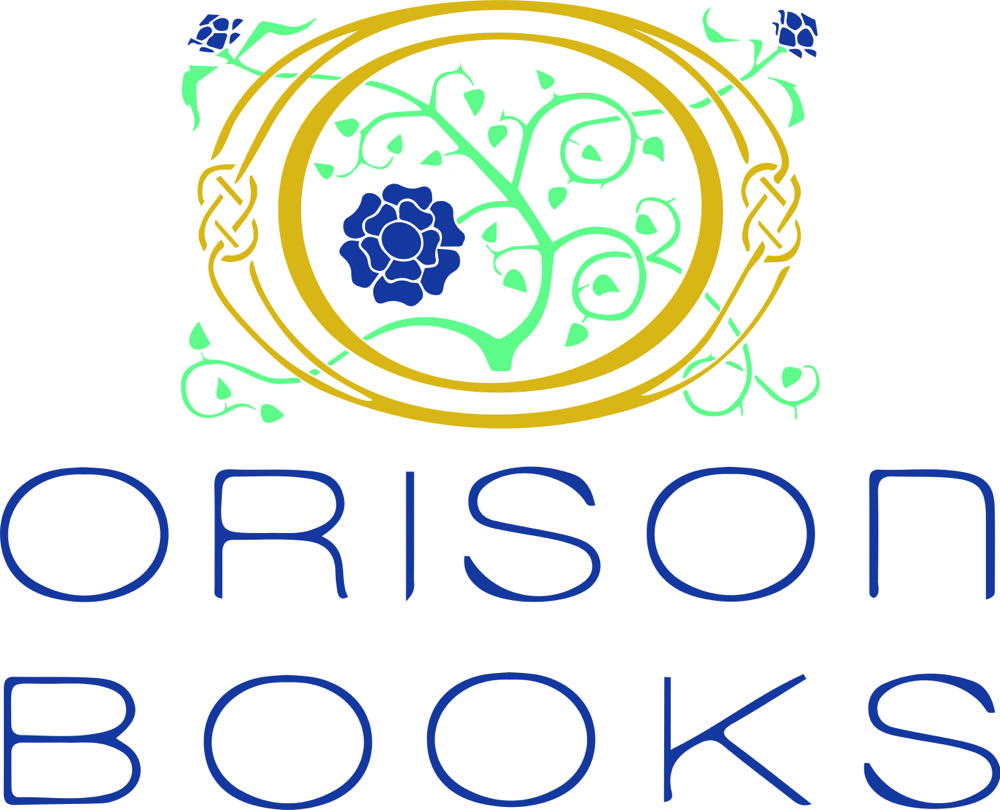Moveable Type: An interview with Luke Hankins, Founder & Editor
September 21, 2020

How did you arrive at the decision to found Orison Books? What observations of contemporary literary publishing led you to see a need for a press dedicated to putting out spiritual writing?I grew up in a very conservative religious culture, then evolved away from it as a young adult. I developed a fascination with religious and spiritual thought and practice of all kinds, however. Given my longstanding passion for literature and books, my interest in the spiritual impulse caused me to look around for publishers that were focused on the spirit outside the bounds of a particular ideological bent. I saw a big void there—a void that I hope Orison Books helps to fill.
I’m sure you address this question constantly, but what do you consider to be “spiritual” writing? Clearly there are obvious works that deal directly with questions of God and prayer and such, but do you have an example of a piece that you have published that is spiritual in a less direct way? I’m less interested in spiritual writing as a topical entity than I am in it as an experiential entity. To me, the finest spiritual writing creates a spiritual experience for the reader. I think of the contemplative hybrid visual-poetic work of Sam Roxas-Chua’s Echolalia in Script; the examination of the fluidity of identity in Jordan Rice’s poetic exploration of gender transition, Constellarium; I think of the myth-like interweaving of historical and biblical women with the author’s autobiography in Jessie van Eerden’s The Long Weeping; I think of the playful-and-yet-reverent voice of Ghalib in conversation with the beloved/divine in M. Shahid Alam’s deft translations.
What are the advantages and challenges of balancing your life as an editor and your life as a writer? What ways do these identities push and inform each other for you? One of the benefits of being an editor is reading such a wide array of work in manuscript form. It gives you an aerial perspective on what people are writing these days—not only what is being published. It adds depth to what I, inevitably, compare my own work to—a habit useful in moderation, disastrous in excess!
What’s next for Orison? Are there any forthcoming titles or projects that you’re excited about? Two exciting books are due out later this year: Siamak Vossoughi’s collection of (very) short stories, A Sense of the Whole, which Victor LaValle selected for The 2019 Orison Fiction Prize, and Rodney Gómez’s poetry collection Arsenal With Praise Song, which examines the social, political, and spiritual legacies of immigrants. 2021 holds a lot in store, including the debut poetry collection by Aviya Kushner (author of The Grammar of God) and an anthology of poems about the biblical figure of Eve that I’m coediting with poet and anthropologist Nomi Stone.
How can readers and writers follow, support, and learn more about Orison Books? We’re always seeking readers, authors, and donors! All of the relevant information can be found on our website. Also look for us on Twitter, Instagram, and Facebook.
Website: http://www.orisonbooks.com
